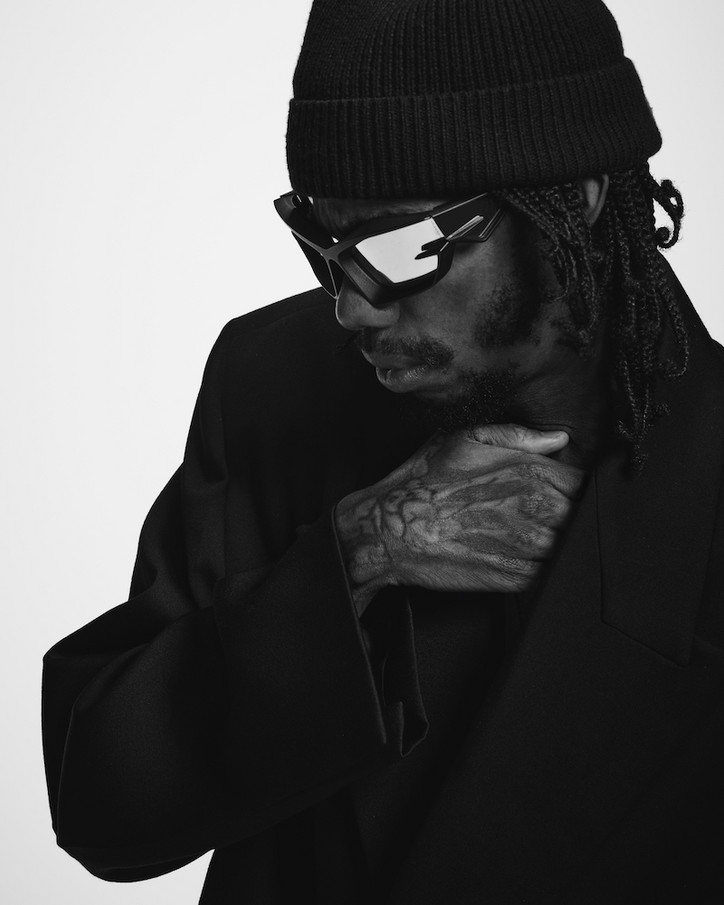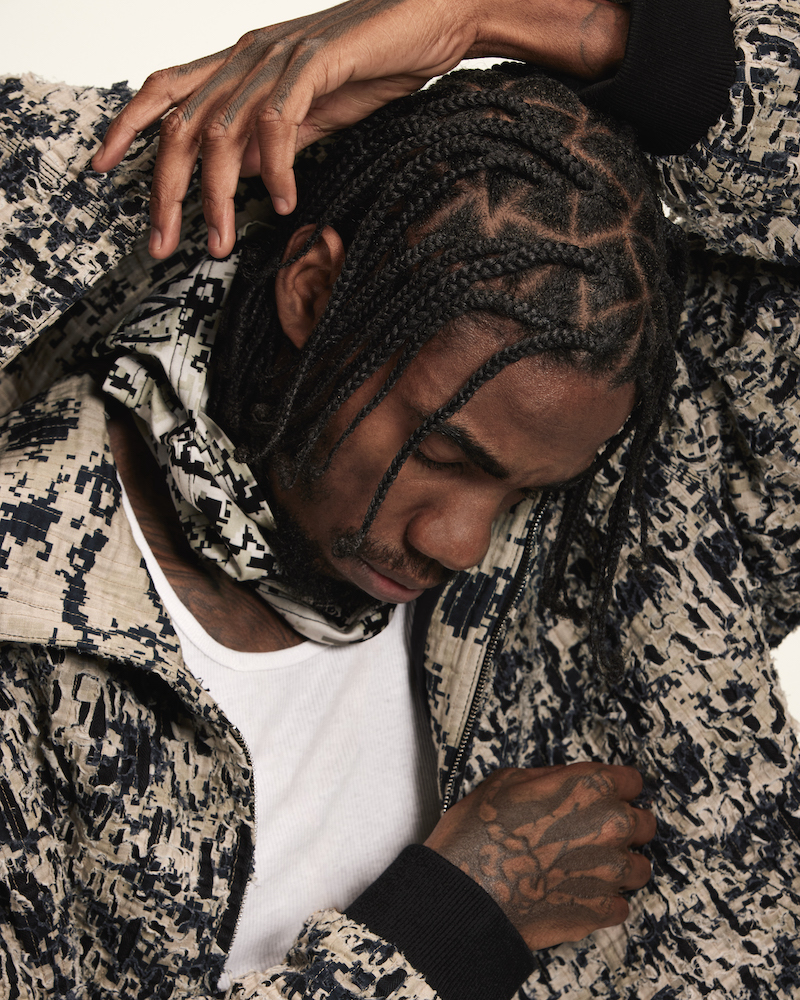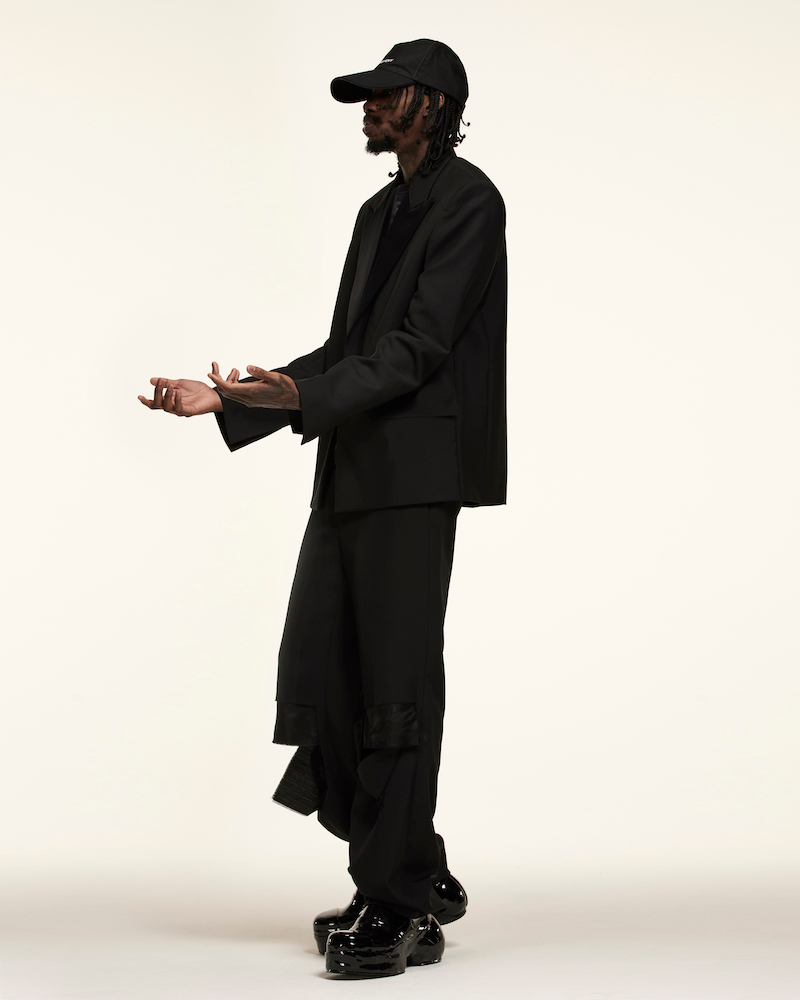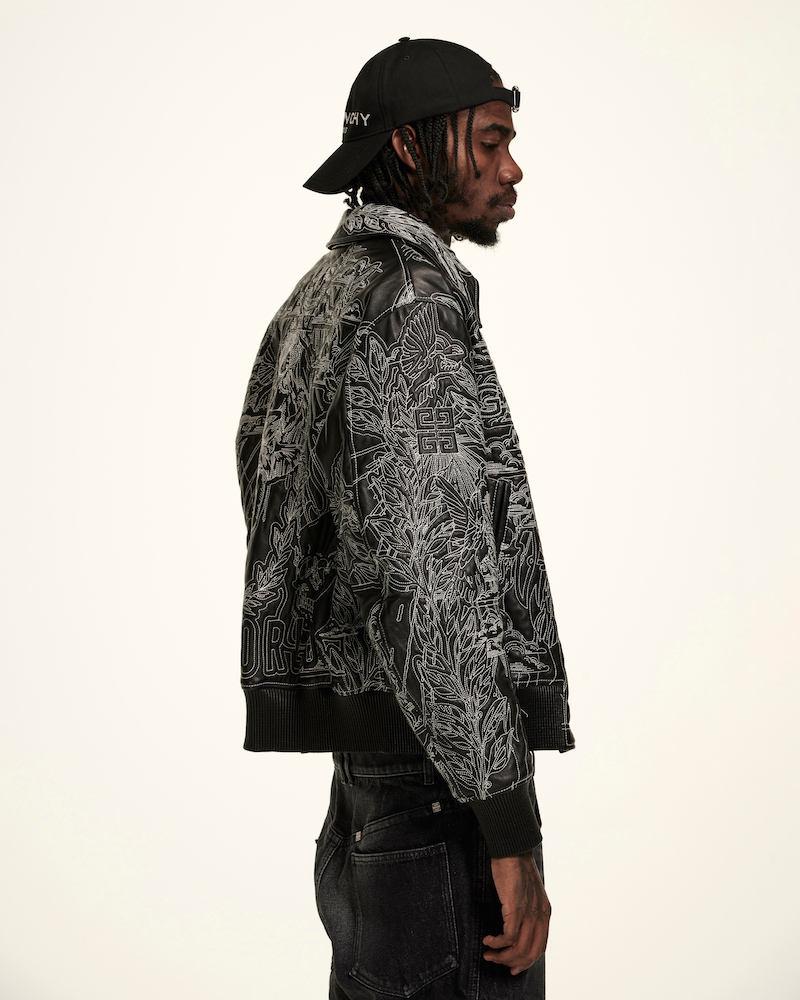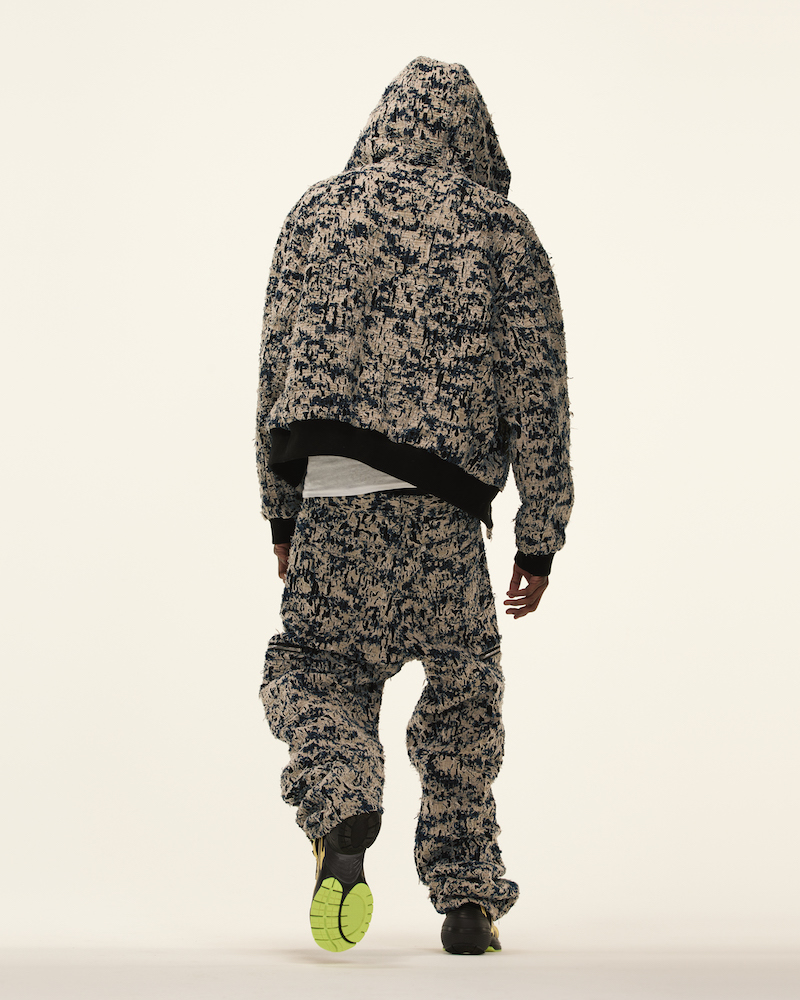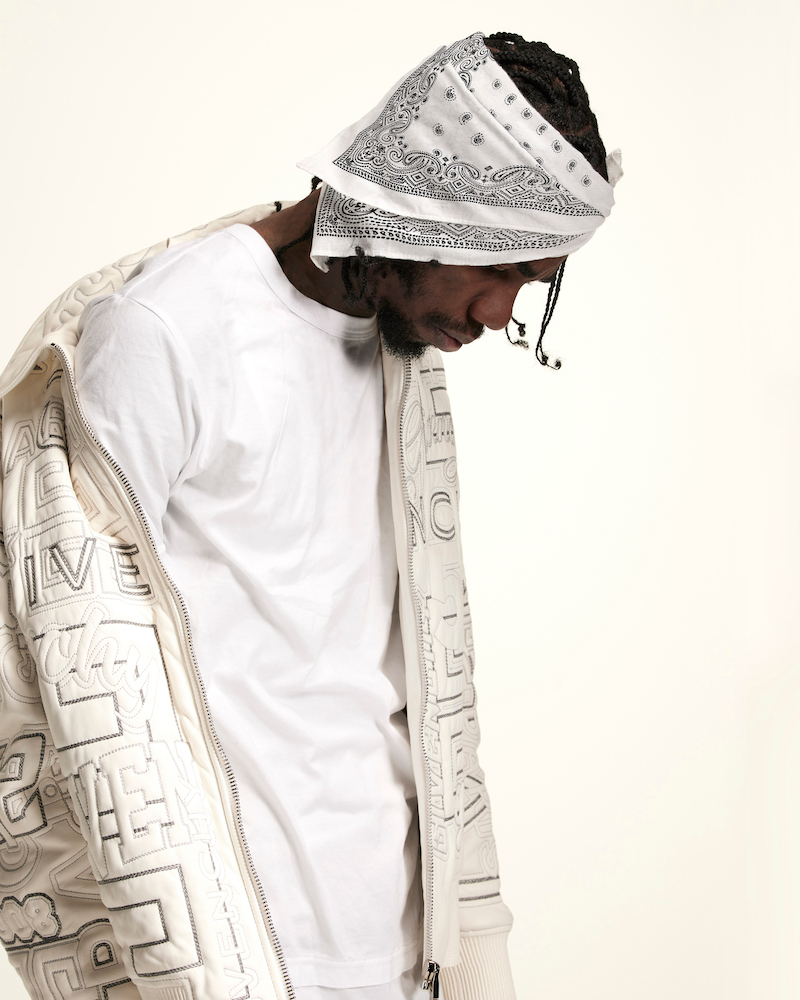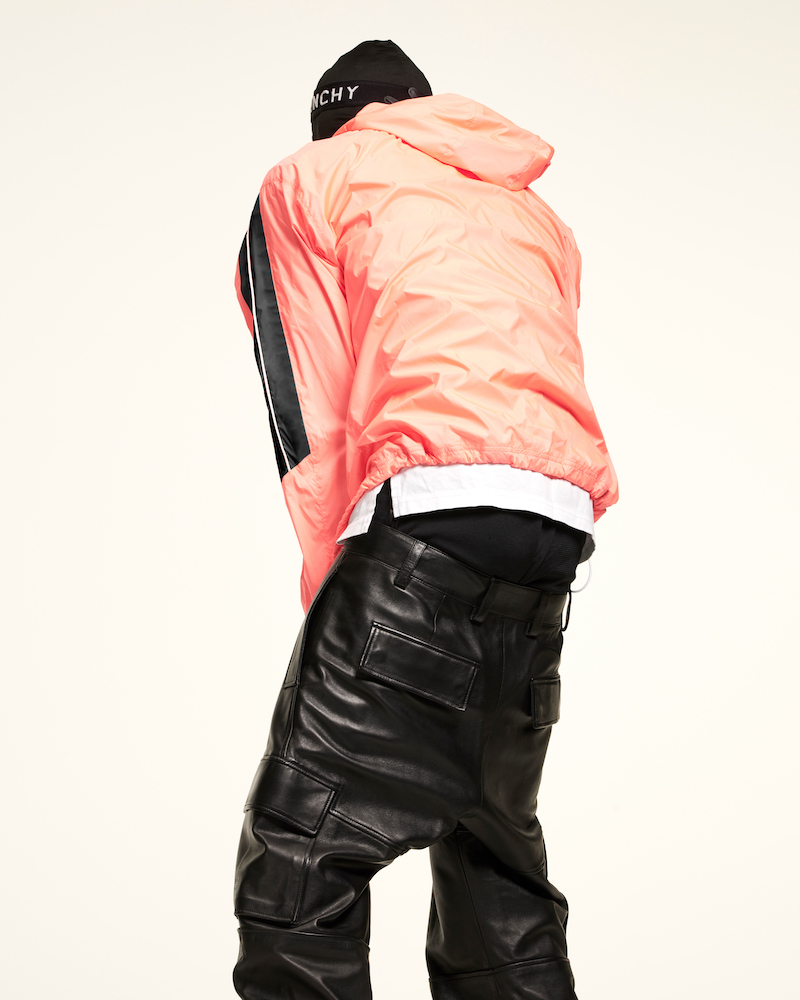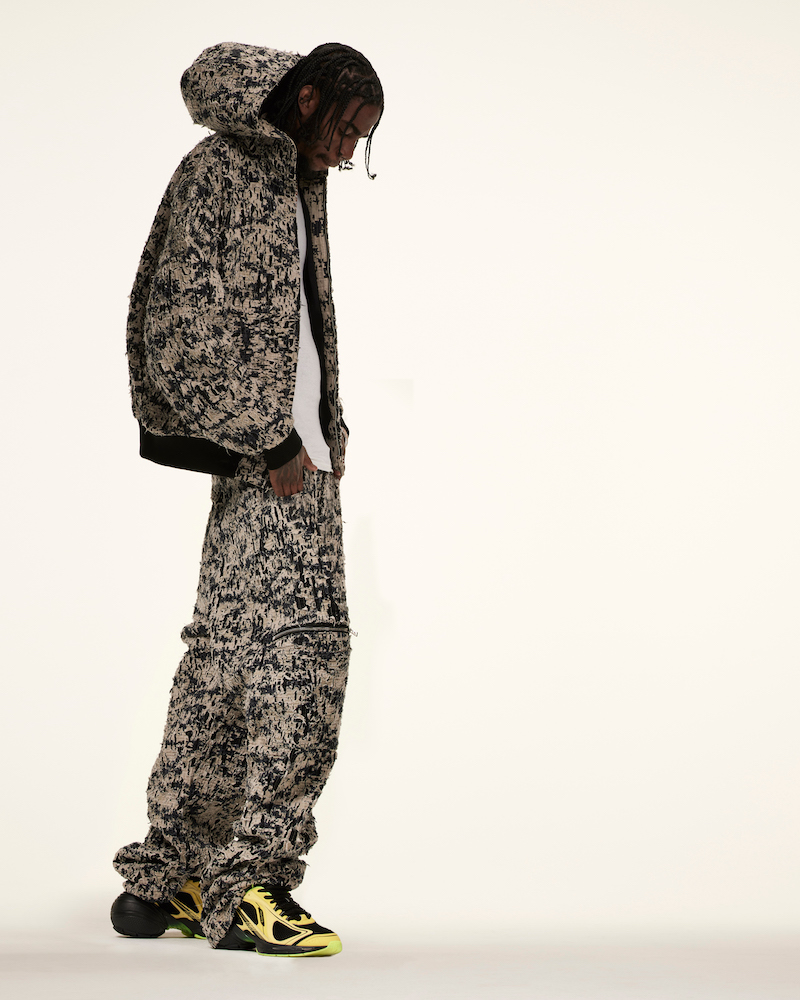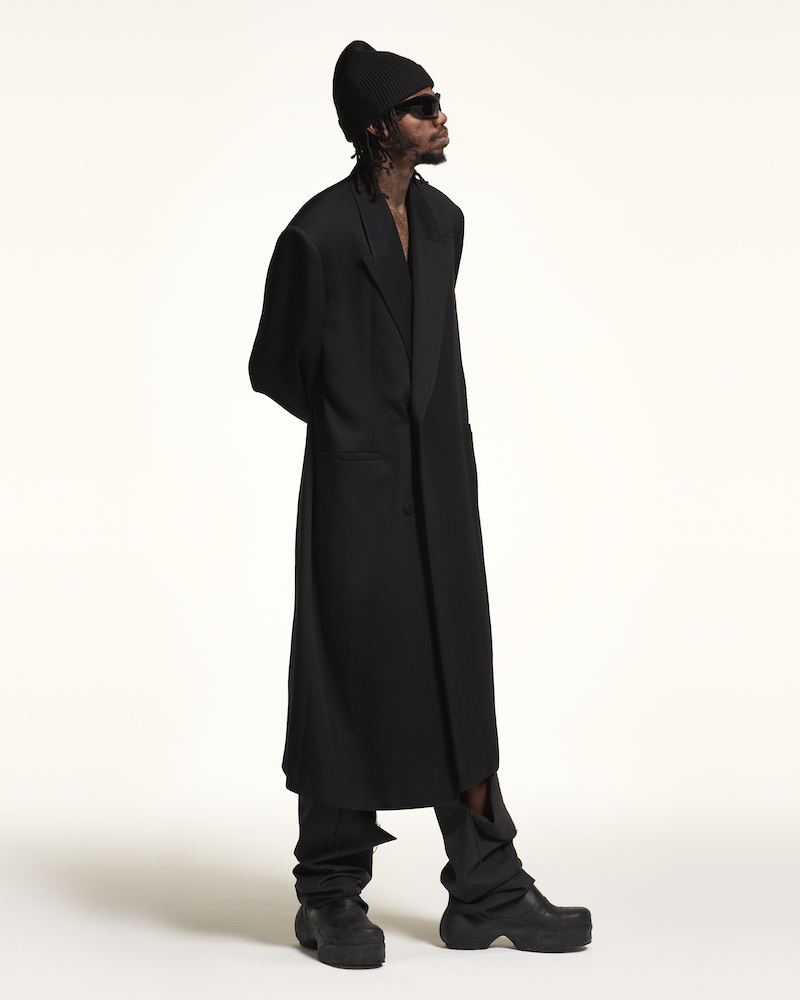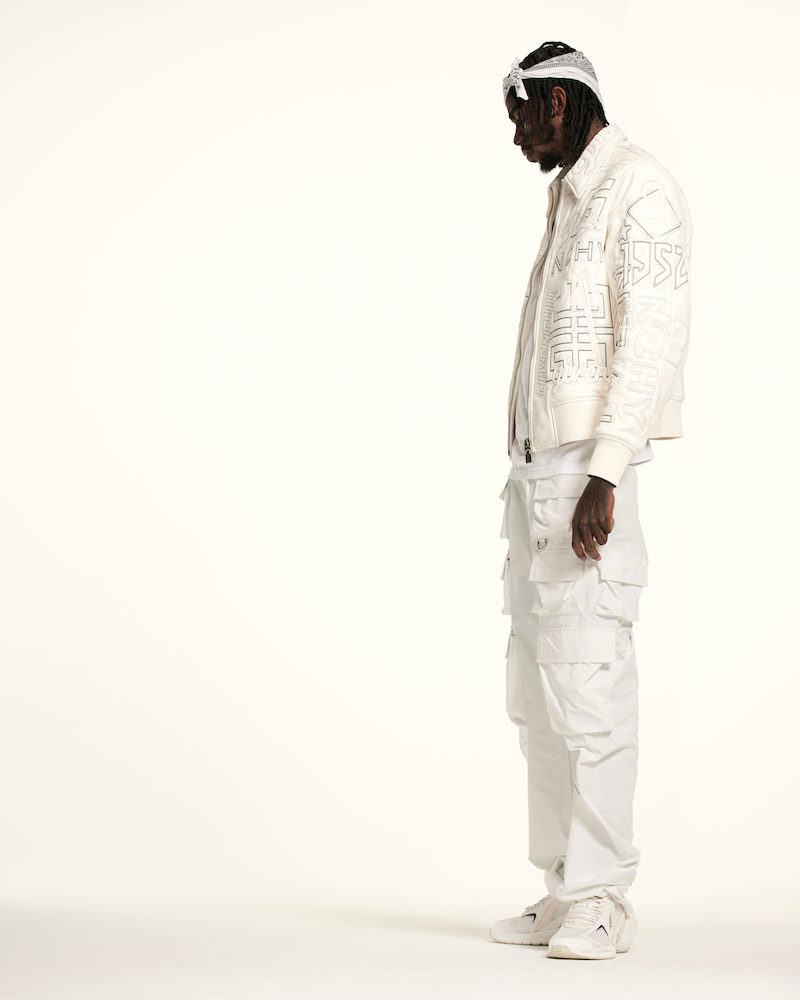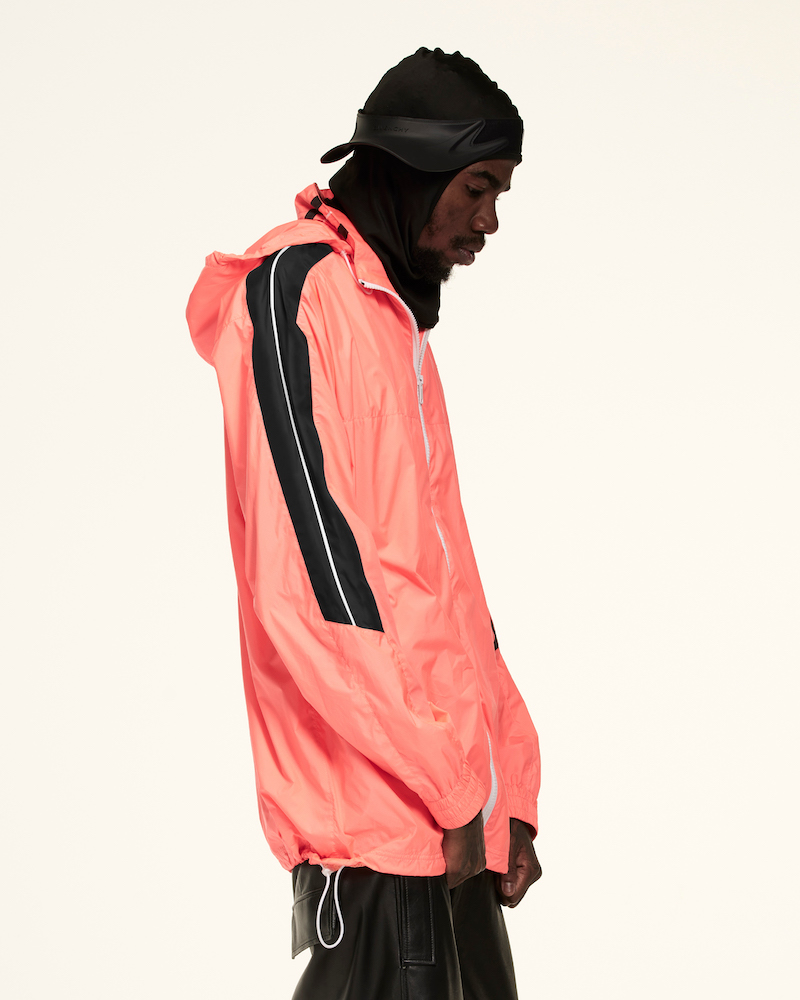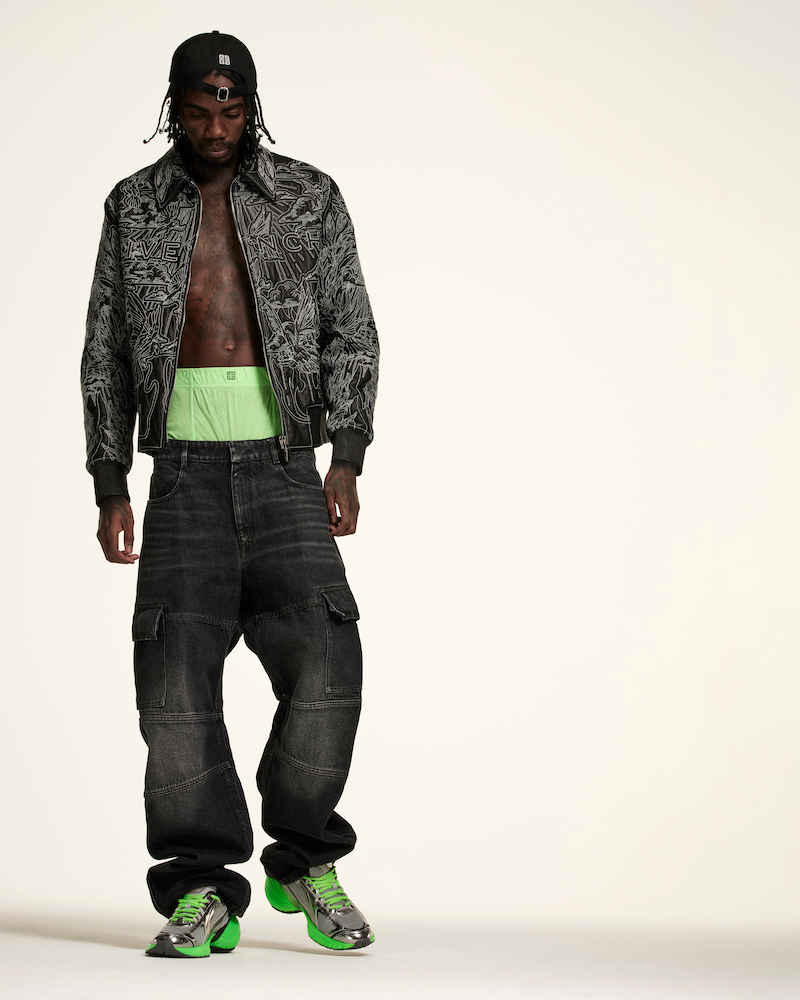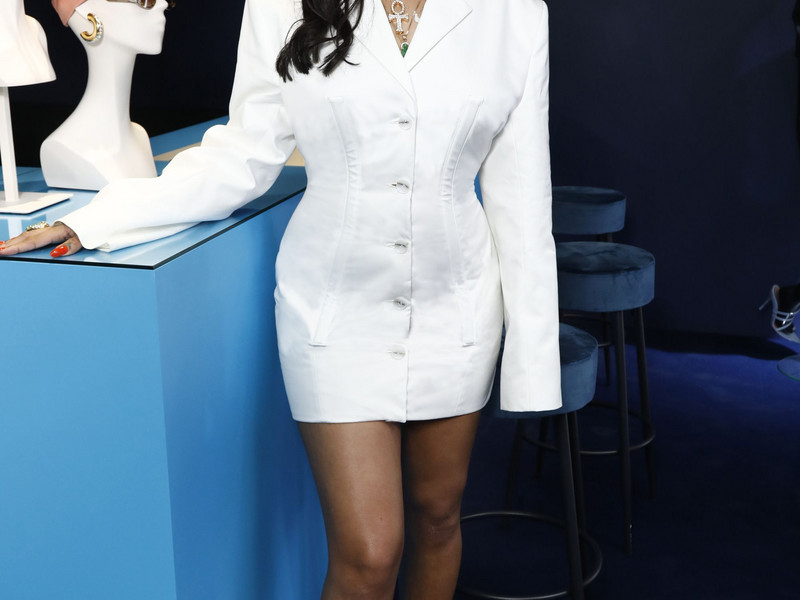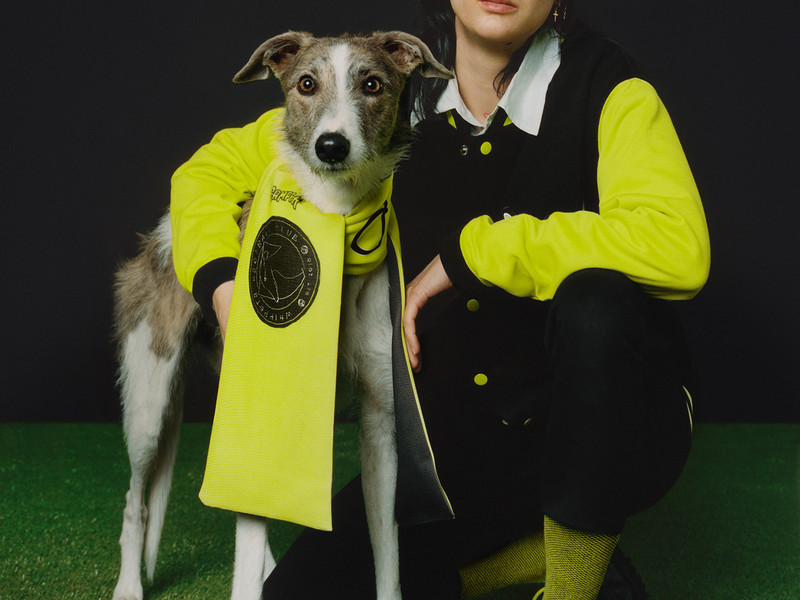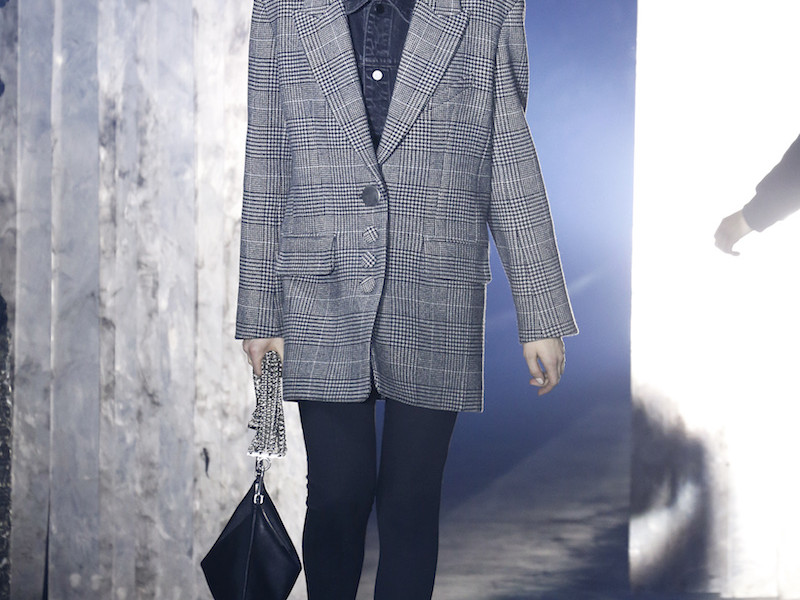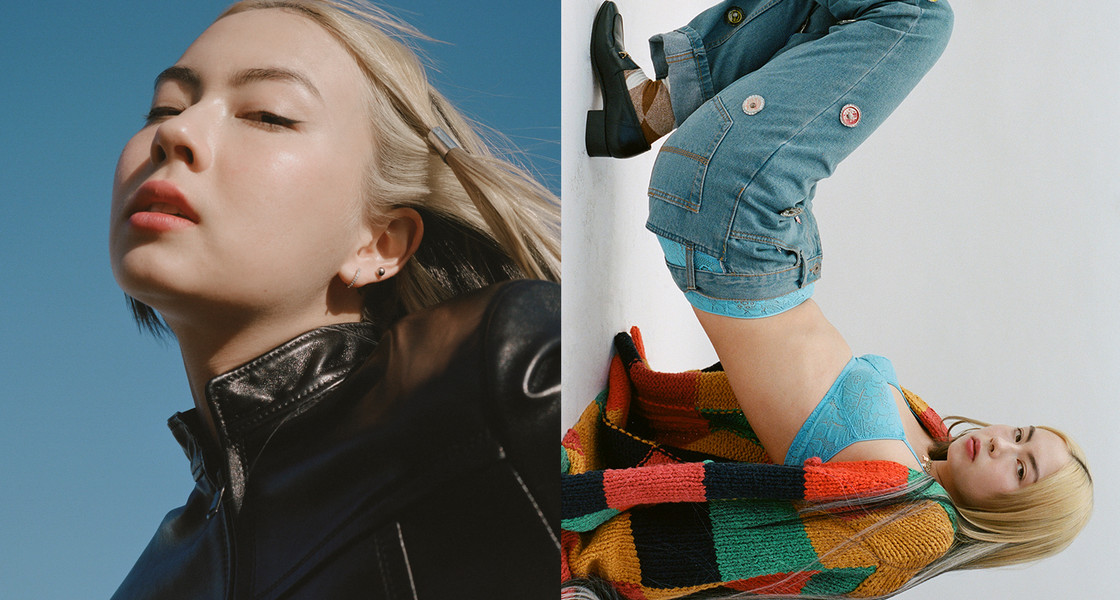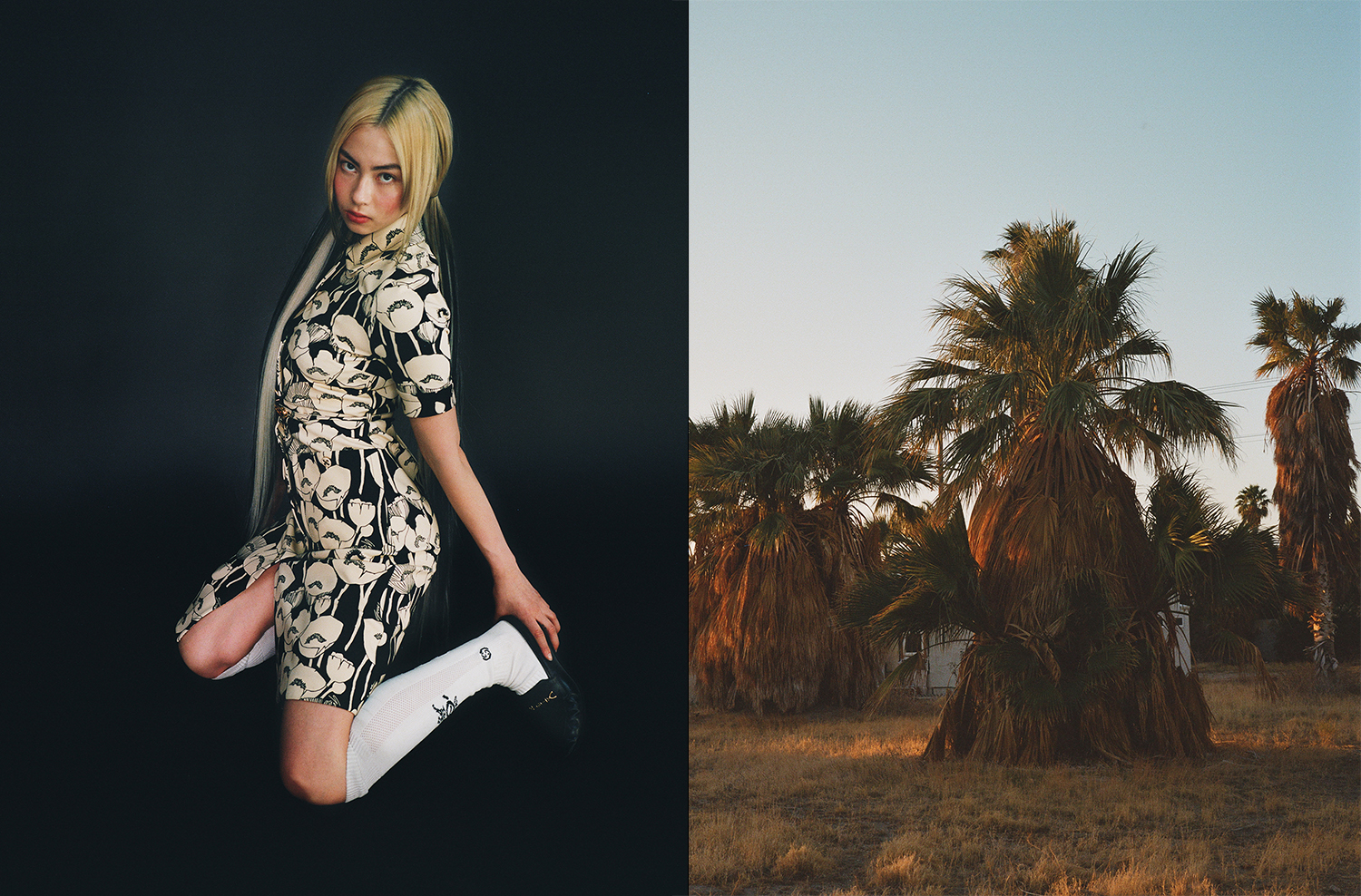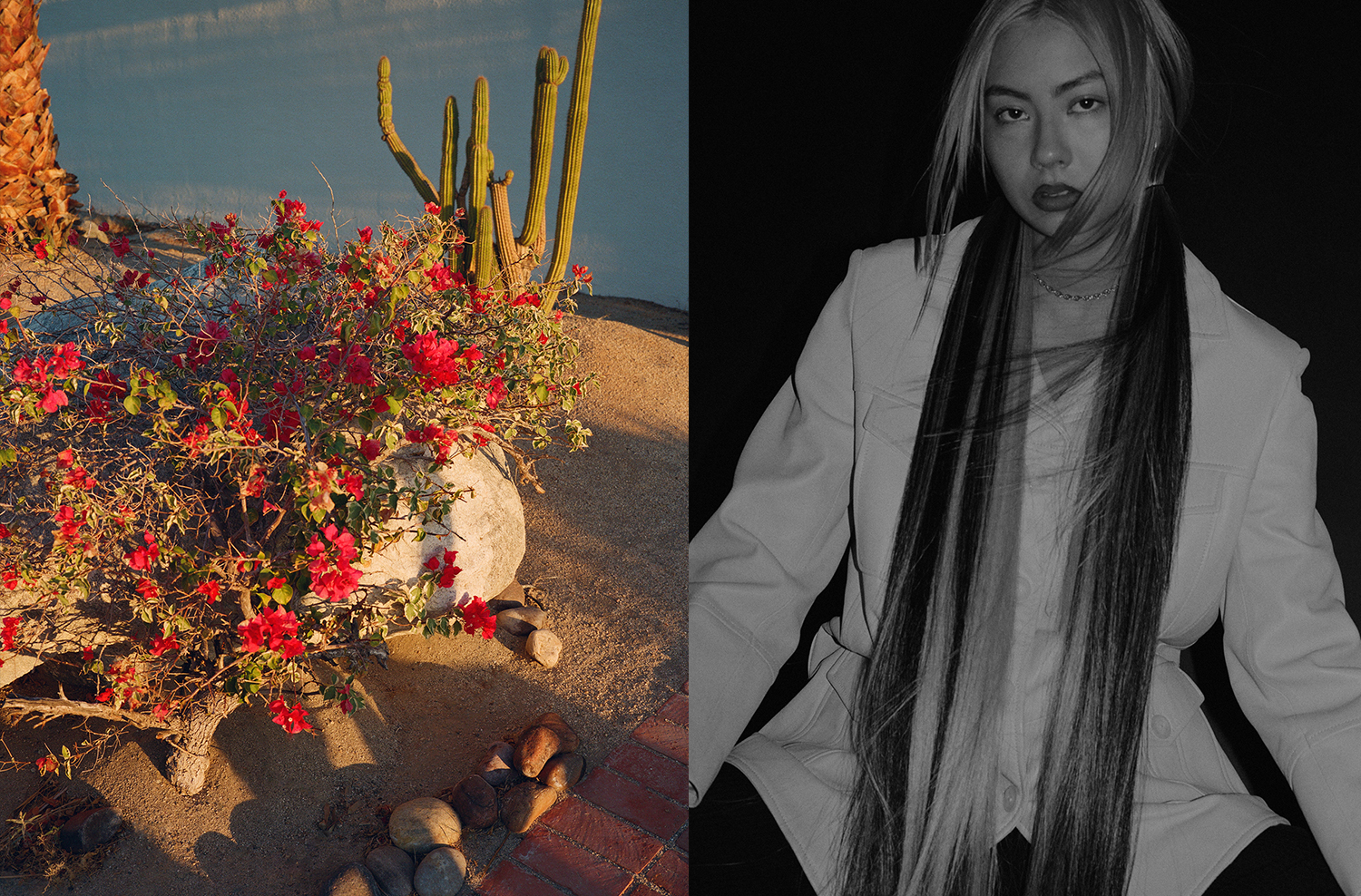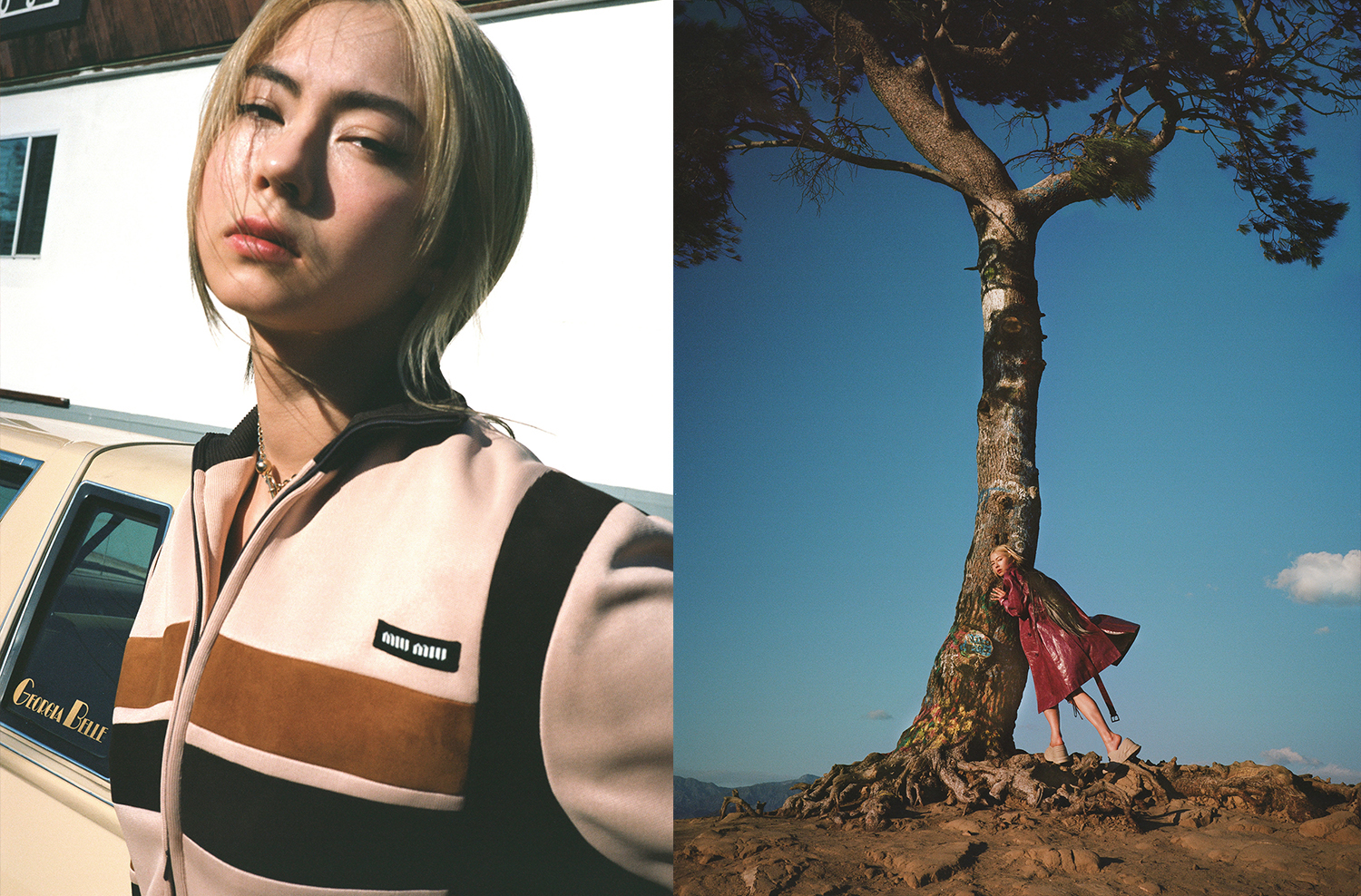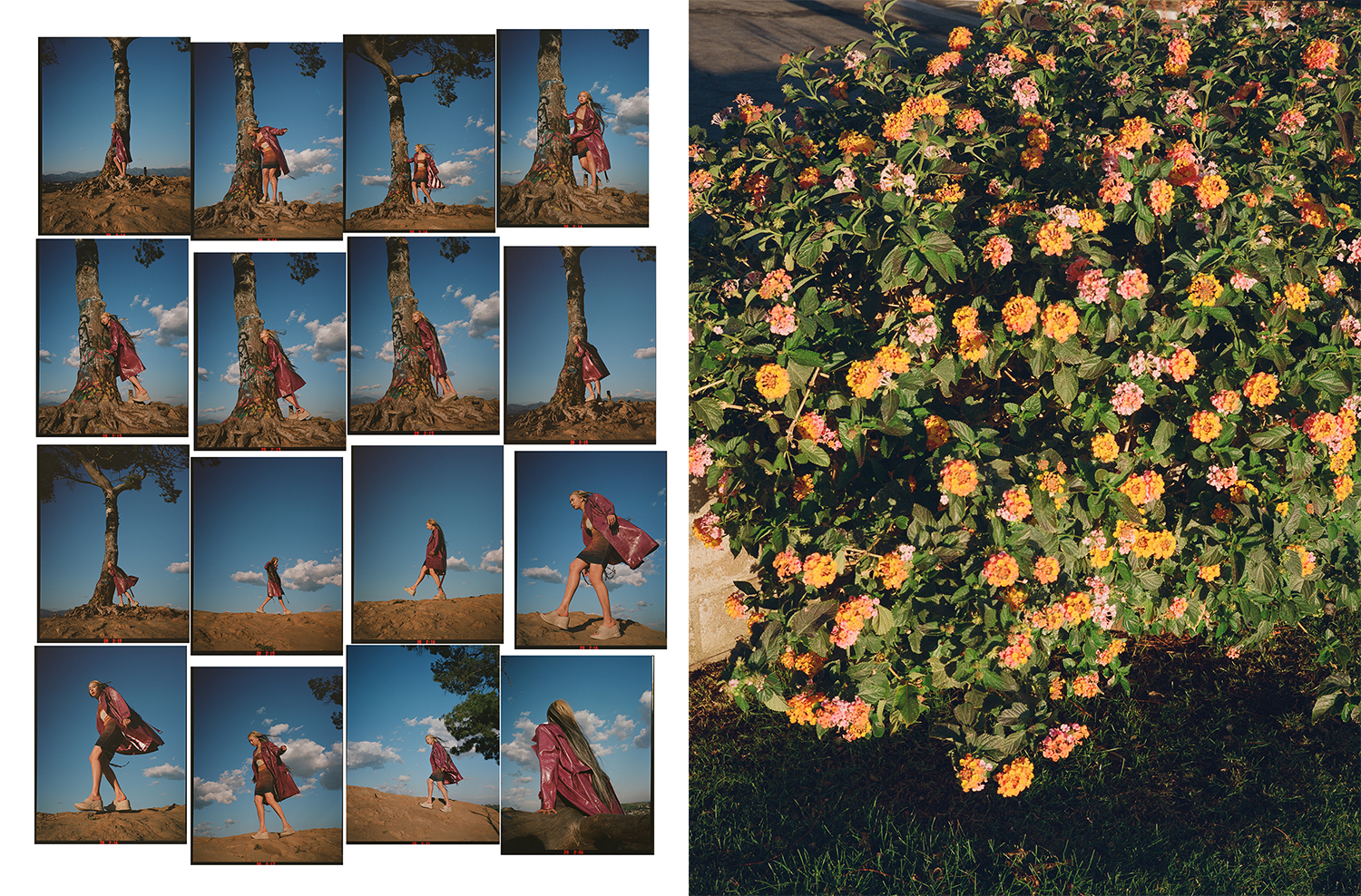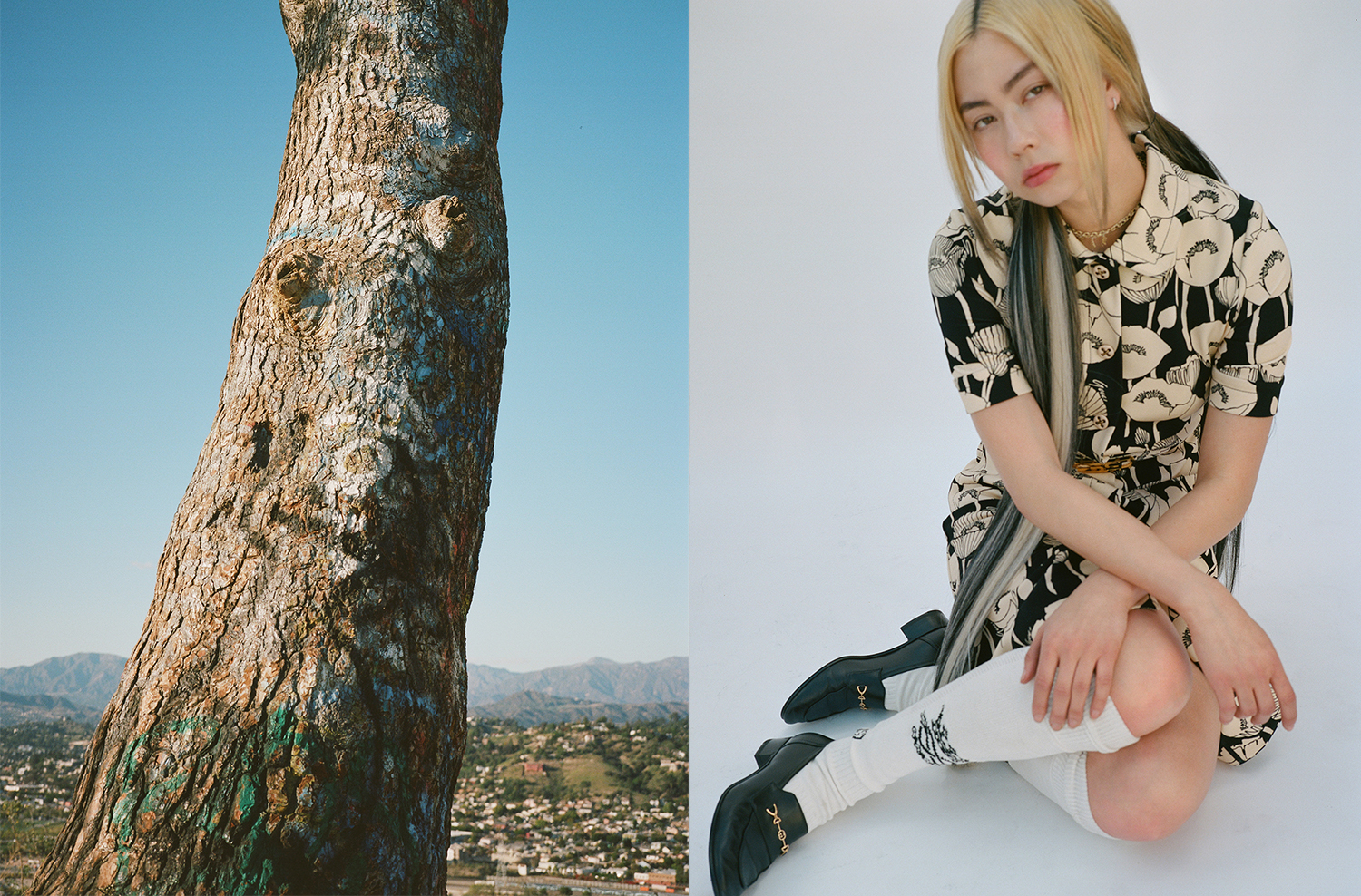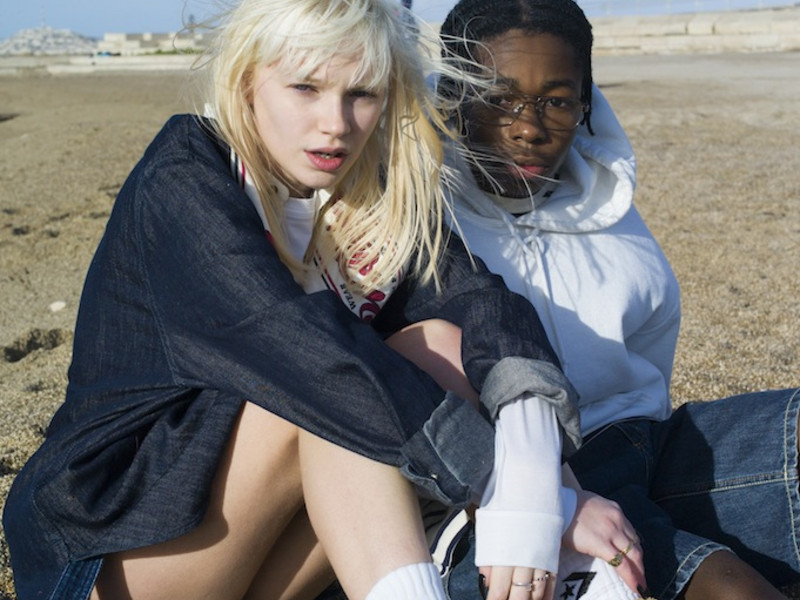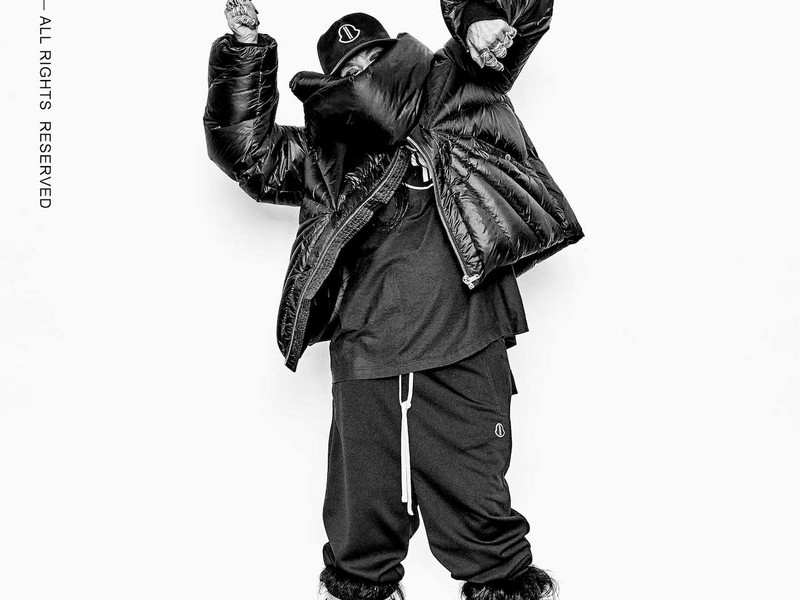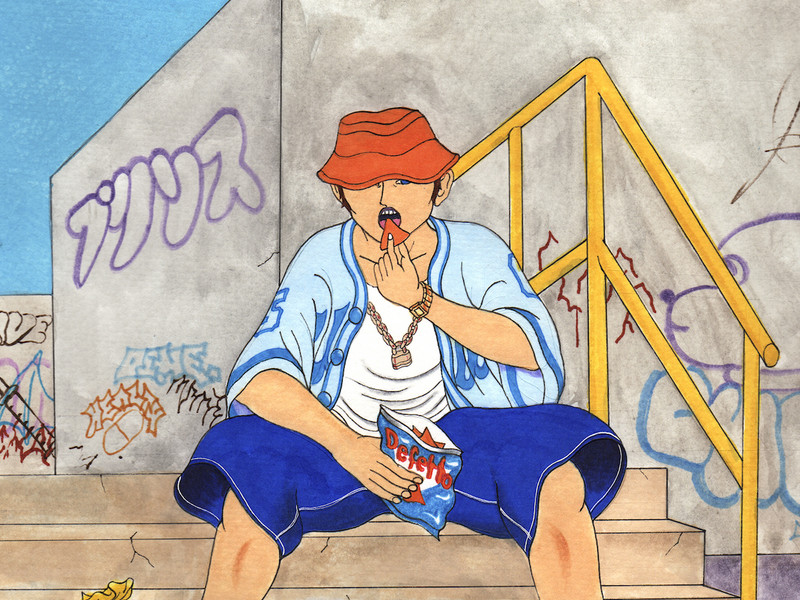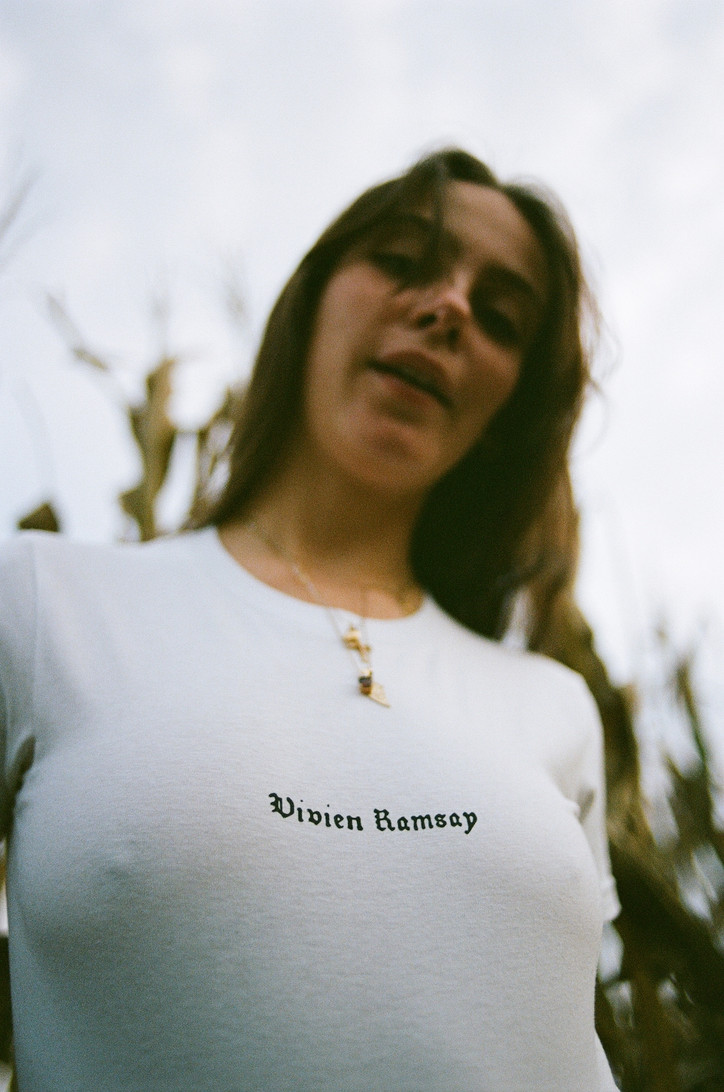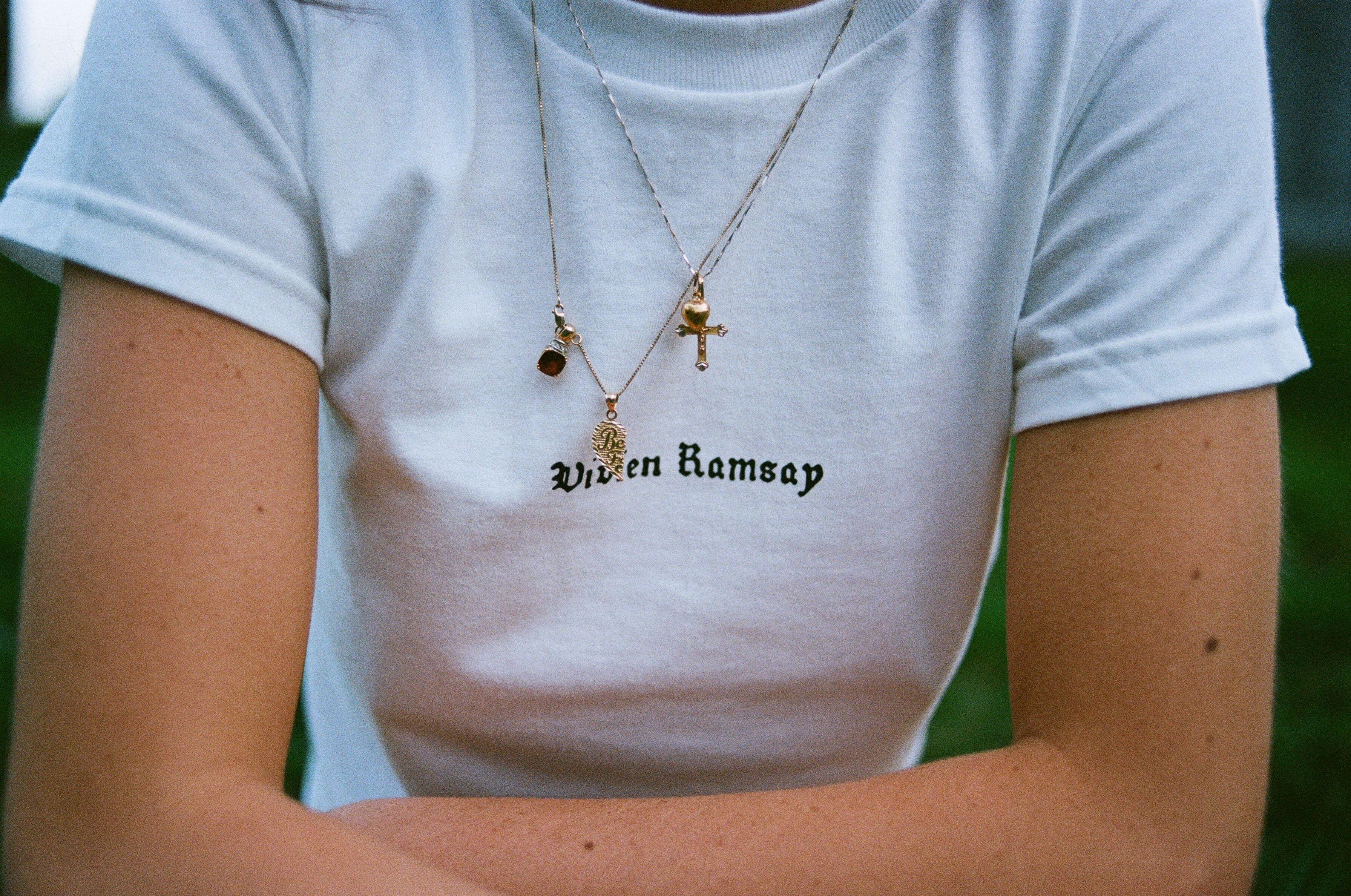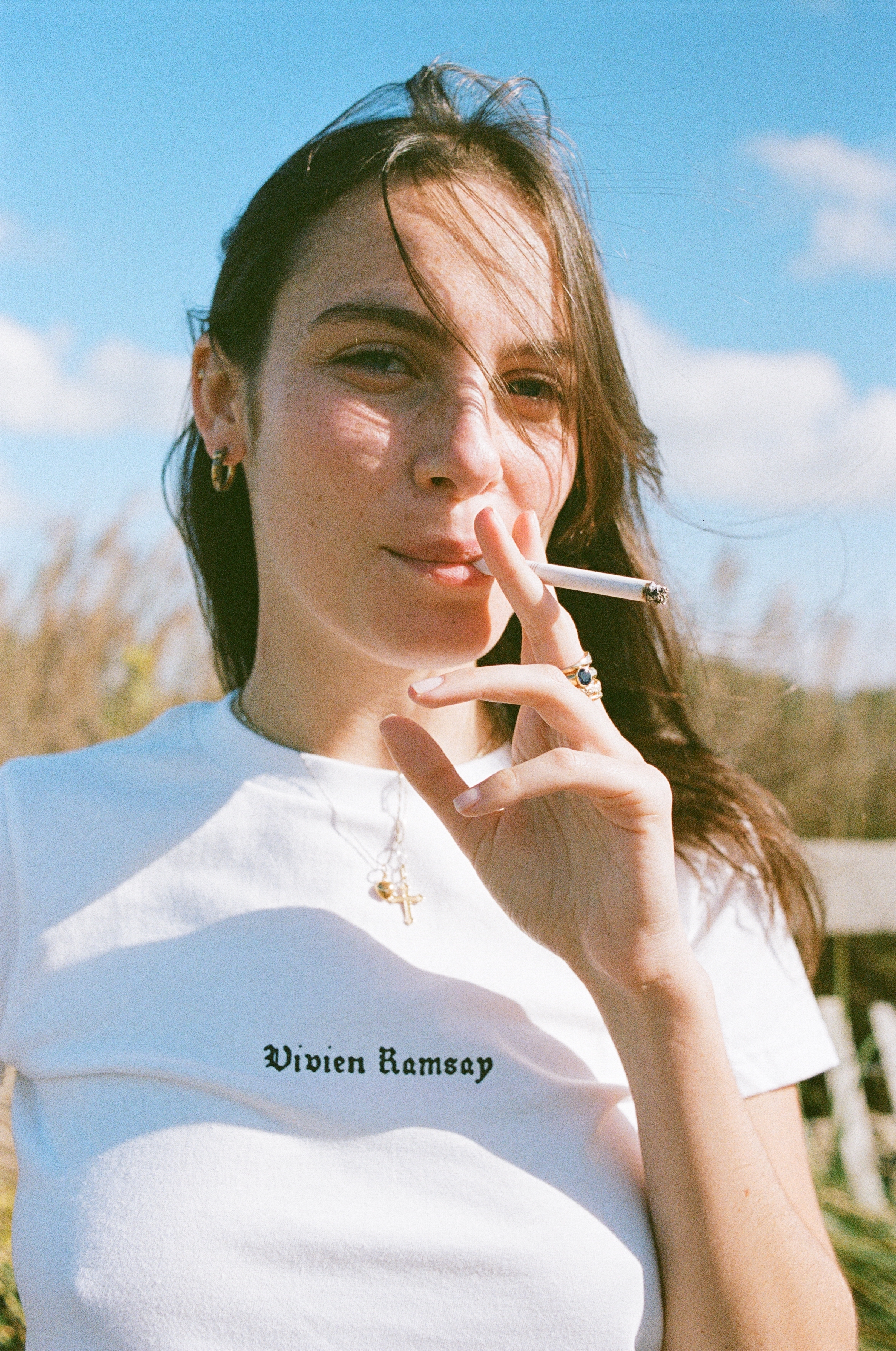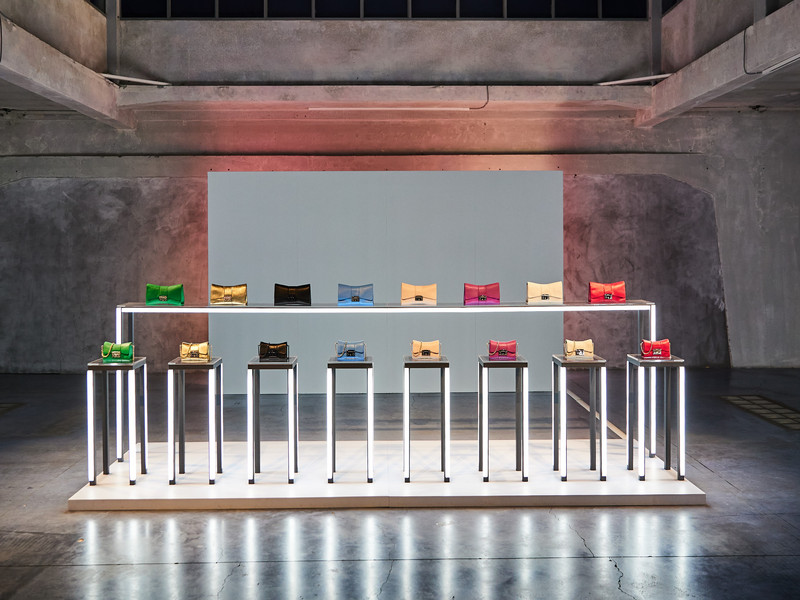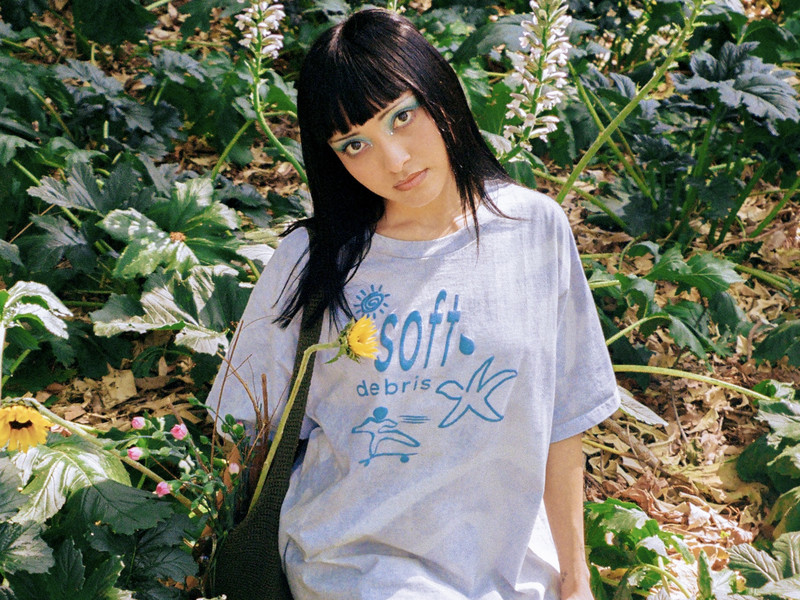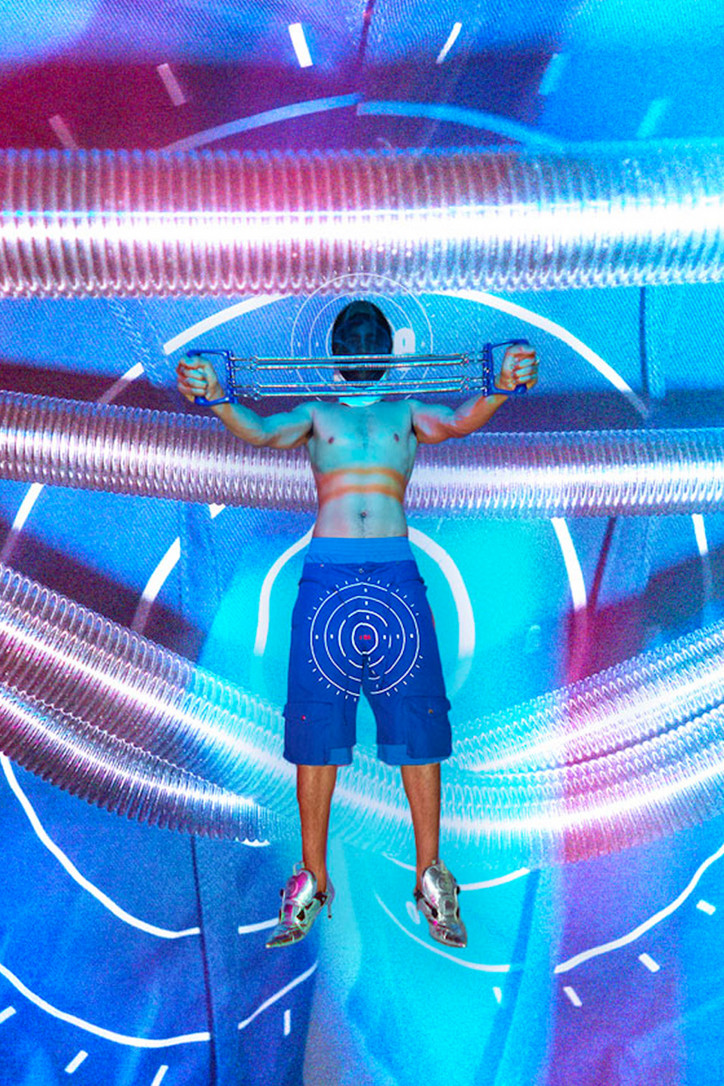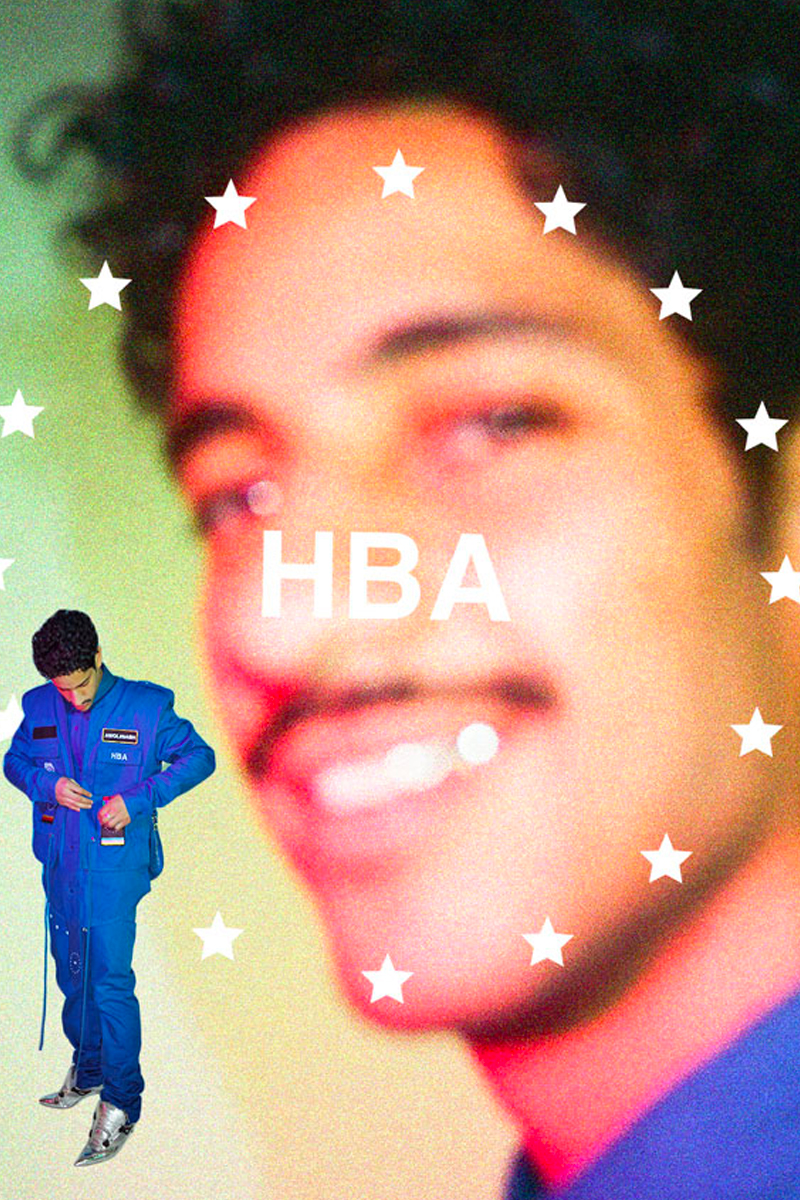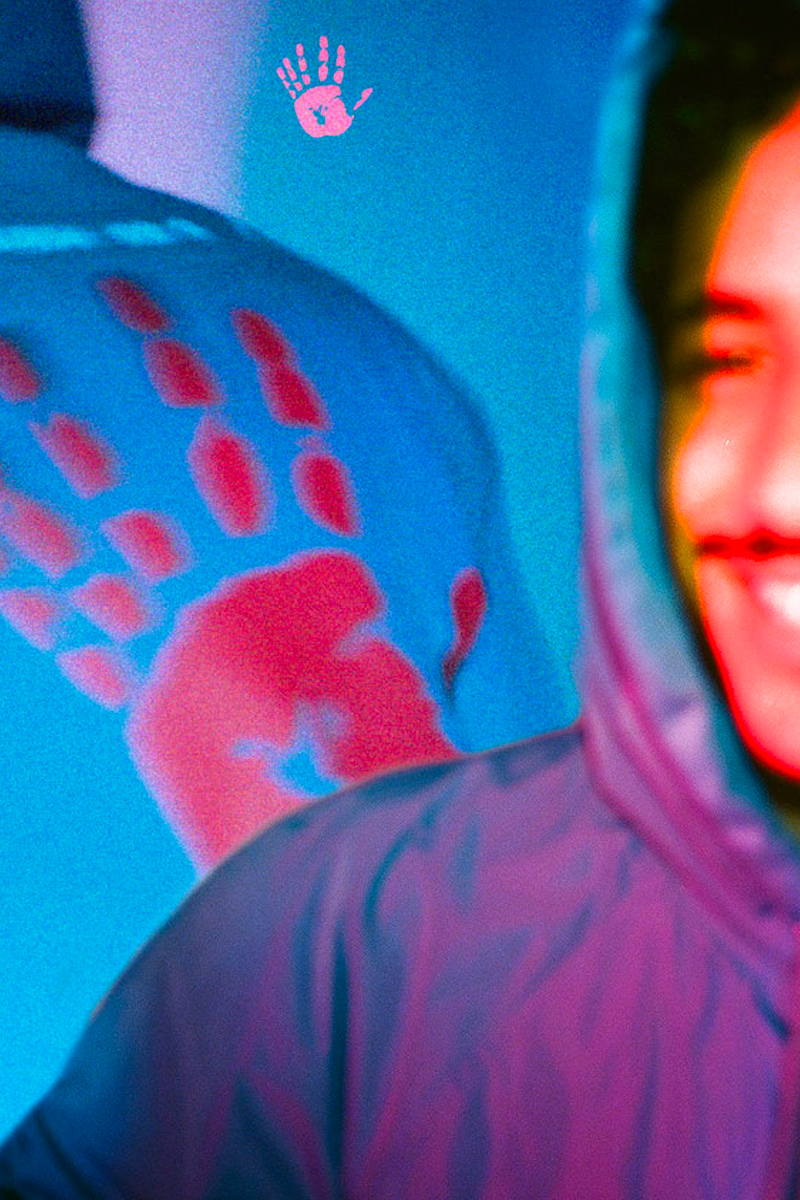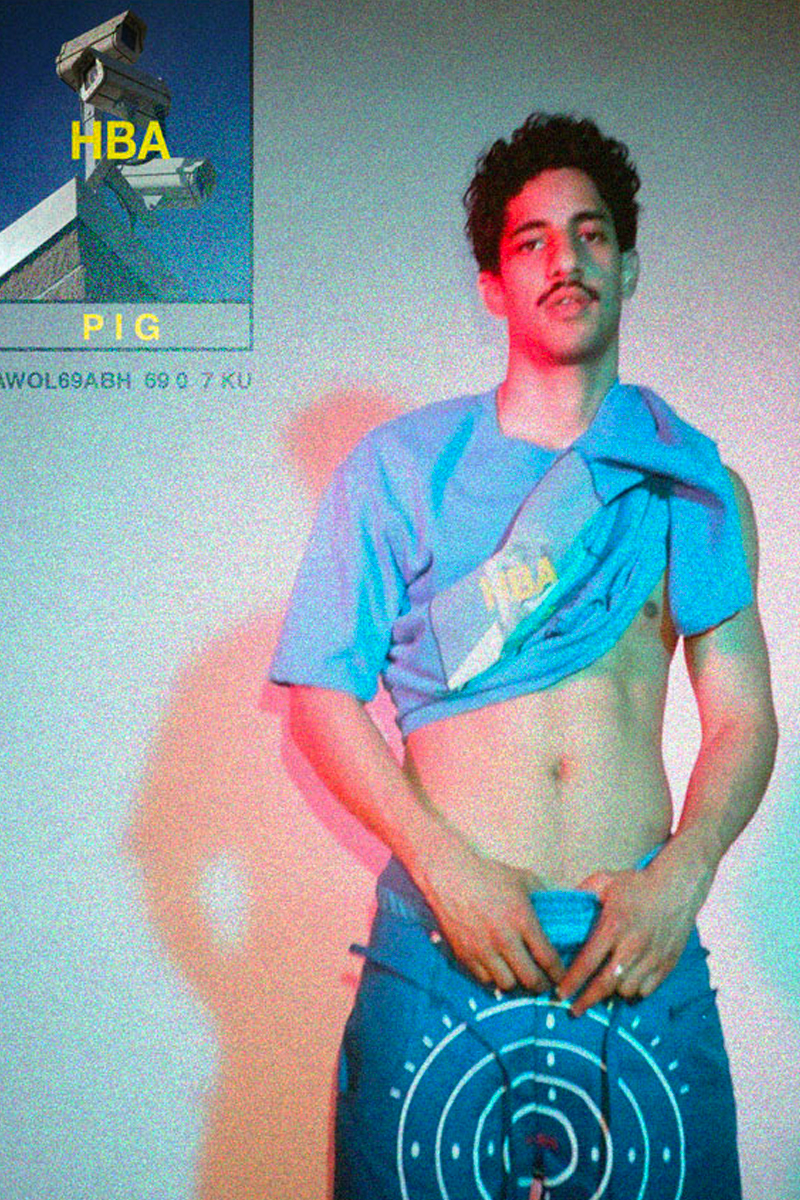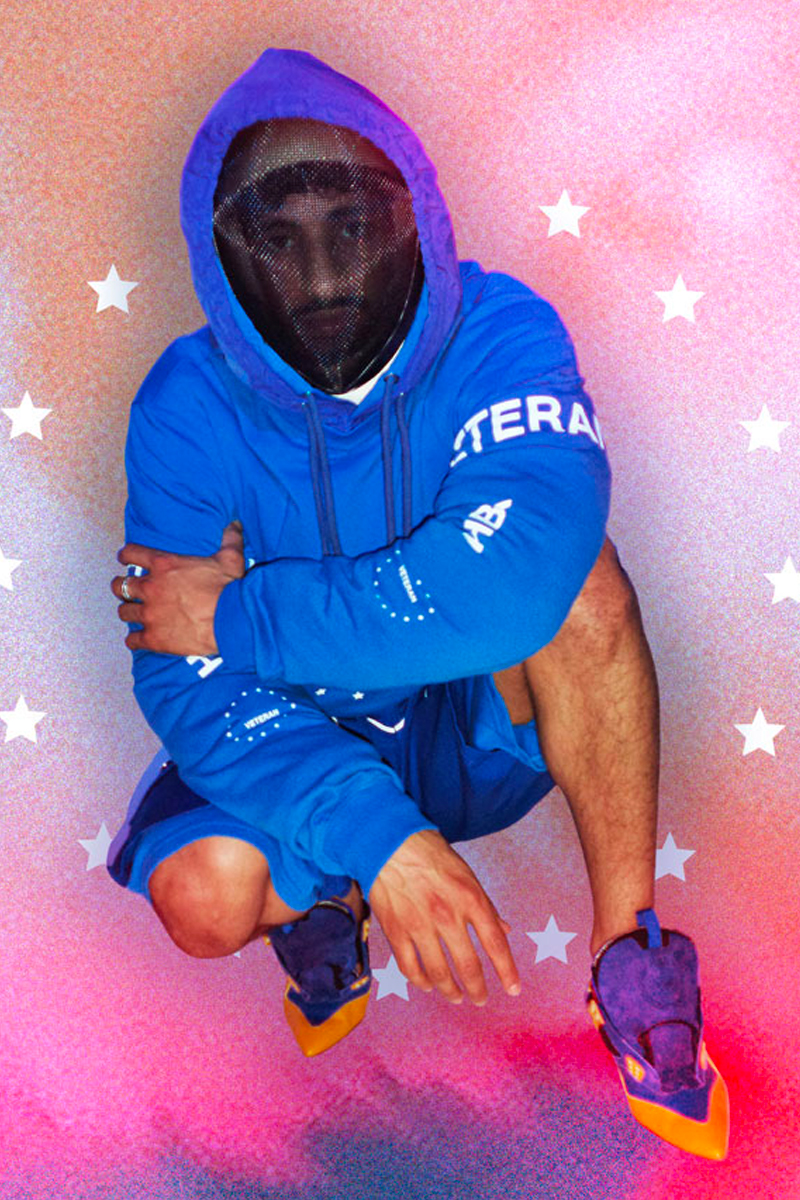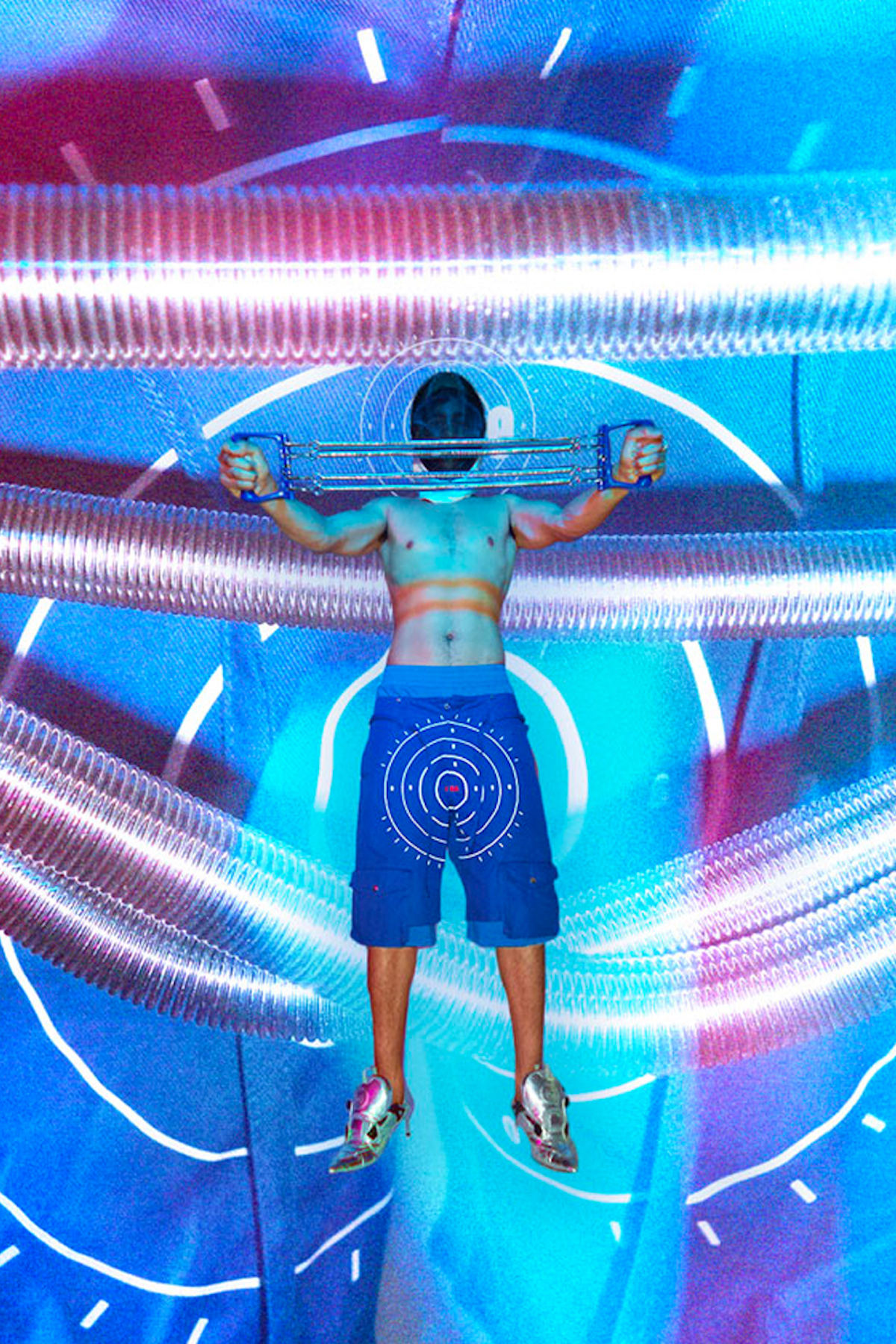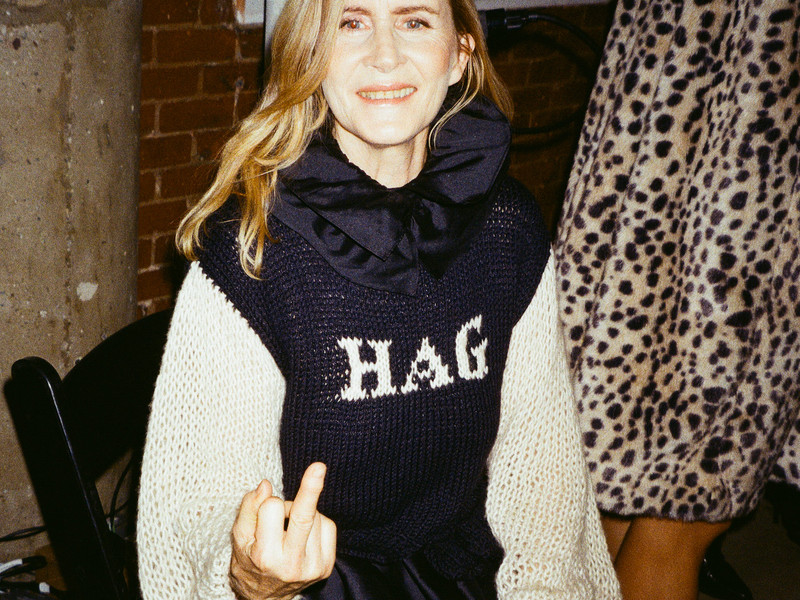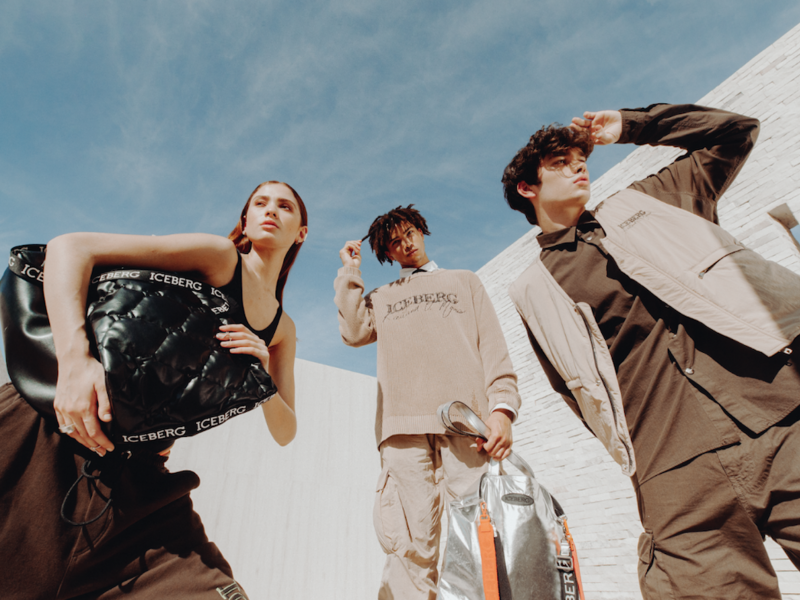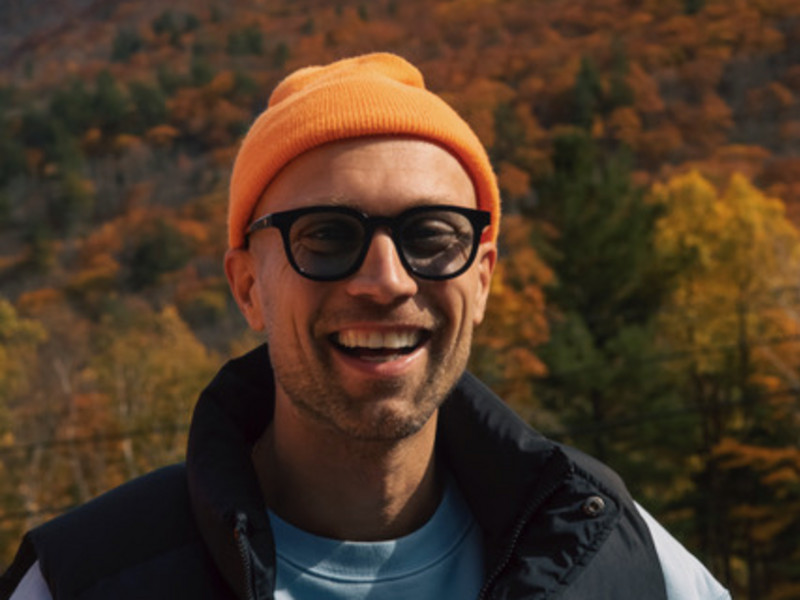When having a lot of conversations about sustainability, mostly the conclusion is often like "Just don't make clothes, it's better to not produce clothes than to make sustainable ones." In a way, it's still just adding to the carbon footprint. What do you guys think about that?
LS — I mean, when you think about it, I don't need a Louis Vuitton jacket or Chanel purse, these are luxury goods. But I'm pretty sure all of us right now are wearing underwear and socks. And so those are the things that are just reoccurring and they're things that wear out. And so that's really like the focus, it's an essential article of clothing. I'm going to use that essential article, I'm going to use that platform as a way to sort of push out our other mission which is gender equality. And I think that makes a lot of sense to me. Yeah, If I was like making a luxury good in recycled cotton, I would maybe double think on what it is that I was doing and trying to achieve.
VR —Yeah. I mean, it's not just also the material, it also tips into like sourcing near location. For example, if you're going to be selling to the United States or Europe, you want to try to manufacture close to the location as supplied. So then everything is just right around the corner and you're not like jet fueling stuff from this continent to that continent. So that also plays into the equation of sustainability. And then there's the after, the post-consumer after you buy the product, what do you do with it? So this is another conversation that we have to think about, it's kind of gross to think about what do you do with old underwear. But, there was like one brand — I mean aesthetically, it's not my thing, but there's a brand called 'Organic Basics' where they actually say "Hey, you know, here's the ship label, collect your old undies and bring it back to us. We will like to shred it up and make new fiber out of it." So, I mean, these things are getting to bubble up and happen, and hopefully in the near future everything will be upcycled and not thrown in a landfill because the textile and yarn manufacturers are also becoming so high tech about it. And they're able to pulverize anything and make it into something new.
Right. And going back to the idea of essentialism and utility, how will you continue to evolve this idea of utility and bring that into fashion? Because I've seen it done in some places, I know Heron Preston is really good at doing it, how will you guys expand and evolve this idea?
LS — It's an exciting thing to be thinking about. I think like as I mentioned, denim is something that I think is a utilitarian and necessary article of clothing potentially, depending on how it's used, or who was wearing it, and what purposes. But, we're like literally at the launch of Vivien Ramsay as we know it now. And I think the next item that we're looking to introduce is just like a cotton tee. That's something that I think a lot of people have tried to take on, but the main sort of leaders are Hanes and Calvin Klein, and things like that. And you know, those are like extremely large companies producing extremely large quantities, and definitely not approaching it from an environmentally conscious point of view. And so, that kind of is the next endeavor.
So for Vivien, Lucien obviously has a knack for caring for his community and being heavily involved. Have you instilled this in him or is this something that he is constantly rubbing off on you? How are you displaying that within the current day?
VR —I believe that as an adult everything comes from your upbringing and your breeding. Just my character alone, I've always been that way. I mean to the point that my mom would get mad at me and be like "Can you at least keep some things for yourself, and not like spread yourself thin like taking care of everybody else." So I think it's both, I think that it definitely comes from his upbringing and the way that I brought him up. And secondly, I think it's just inborn, you know, there's a gene that makes him function that way. For sure, and it's evolving.
And for you Lucien, how did your mom's experience inform your personal ambition?
LS — I think I was fortunate enough to have two creative parents that really opened me up early on. I think both my parents equally pushed for me to focus on creativity, even though I may have possessed like some sort of talent for it. I think those early years and early memories of my mom like sort of getting to do still life drawing and taking me to classes really helped exercise some of those talents and abilities that I have. And it was exposing me to art, fashion, and being consistent. And in that, my mom's always sort of had a foot in the fashion world has helped me feel welcomed in exploring that territory.
